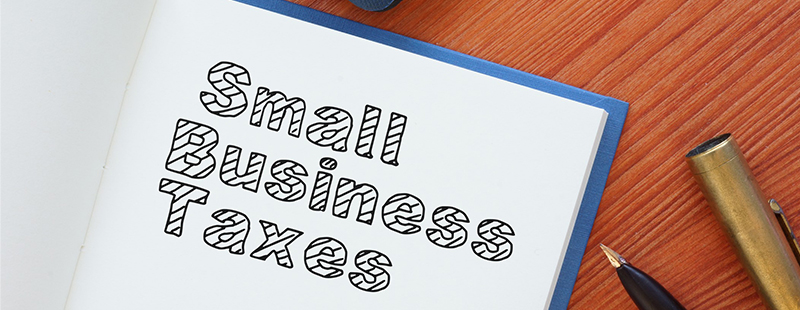Small business tax returns for those who took advantage of the Payroll Protection Program (PPP) are facing a challenge for the 2020 tax year. Congress and the IRS are at odds over small business owners’ ability to deduct several business expenses for this year’s small business tax returns.
The Coronavirus Aid, Relief and Economic Security (CARES) Act was passed with substantial support from Congress to counter the economic effects of the government-mandated shutdowns. With an overwhelming extent of small businesses struggling to stay afloat, PPP was a critical component of the CARES Act. Small business owners were quickly given direct support through PPP loans that were dischargeable equal to 2.5 times the average monthly payroll costs not to exceed $10 million.
If used for certain business expenses, including payroll, mortgage interest, rent and utilities, during the “covered period”, the CARES Act enabled PPP loan proceeds to be forgivable. The covered period was triggered upon disbursement of the loan. The IRS confirmed the PPP loans to be tax-free forgivable if at least 60% of the loan was indeed used toward payroll.
An important benefit of the CARES Act is the treatment of taxability of the PPP loans where the loan proceeds are excluded from taxable income. For struggling small business owners, this is an important feature of the relief enacted by Congress.
The complexity for small business tax return filings is whether the expenses paid by the loans are deductible and the CARES Act does not expressly address the tax treatment of business expenses paid with the PPP loan proceeds. The IRS announced in Notice 2020-32 that the expenses paid with the PPP loan proceeds were not deductible, frustrating the aid intended by Congress, asserting that small businesses would receive a double benefit. The IRS’ position would negate any potential tax savings if deductions are not permissible.
The IRS issued Revenue Ruling 2020-27 reiterating that the small business taxpayer may not deduct eligible PPP expenses in their small business tax returns for the tax year 2020 if the taxpayer reasonably expects loan forgiveness. Congress is considering enacting legislation in response to the position of the IRS. The Small Business Protection Act of 2020 was introduced by Congress and would amend Section 1106(i) to clarify the matter.
Until such clarifying language is passed, taxpayers may not know what to do when filing small business tax returns. Documenting PPP funding will better prepare CPAs and bookkeepers when preparing small business tax returns.
Other complexities are also present, and the IRS has issued guidance on several provisions of the CARES Act. And while some small businesses may fail to take advantage of the provisions of the CARES Act, taxpayers will require advice from tax professionals about how the CARES Act interacts with the tax code.





